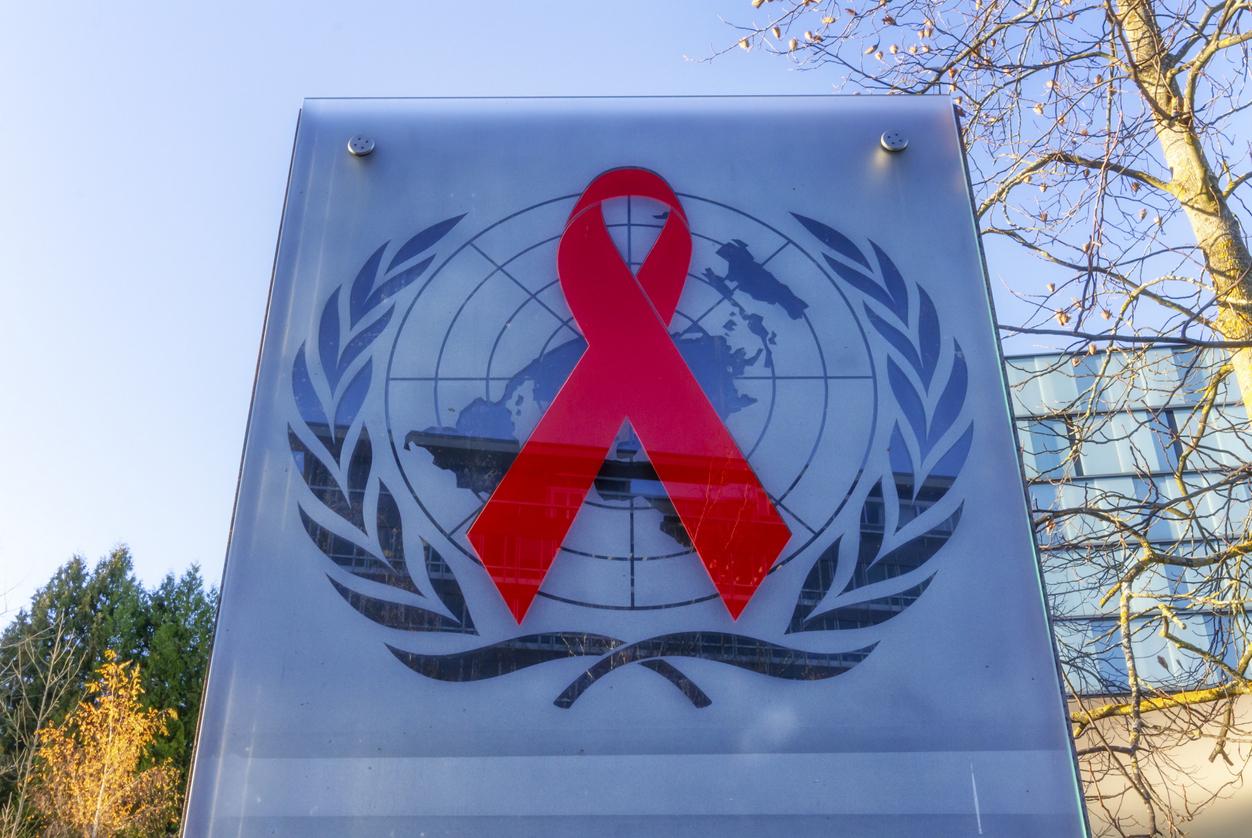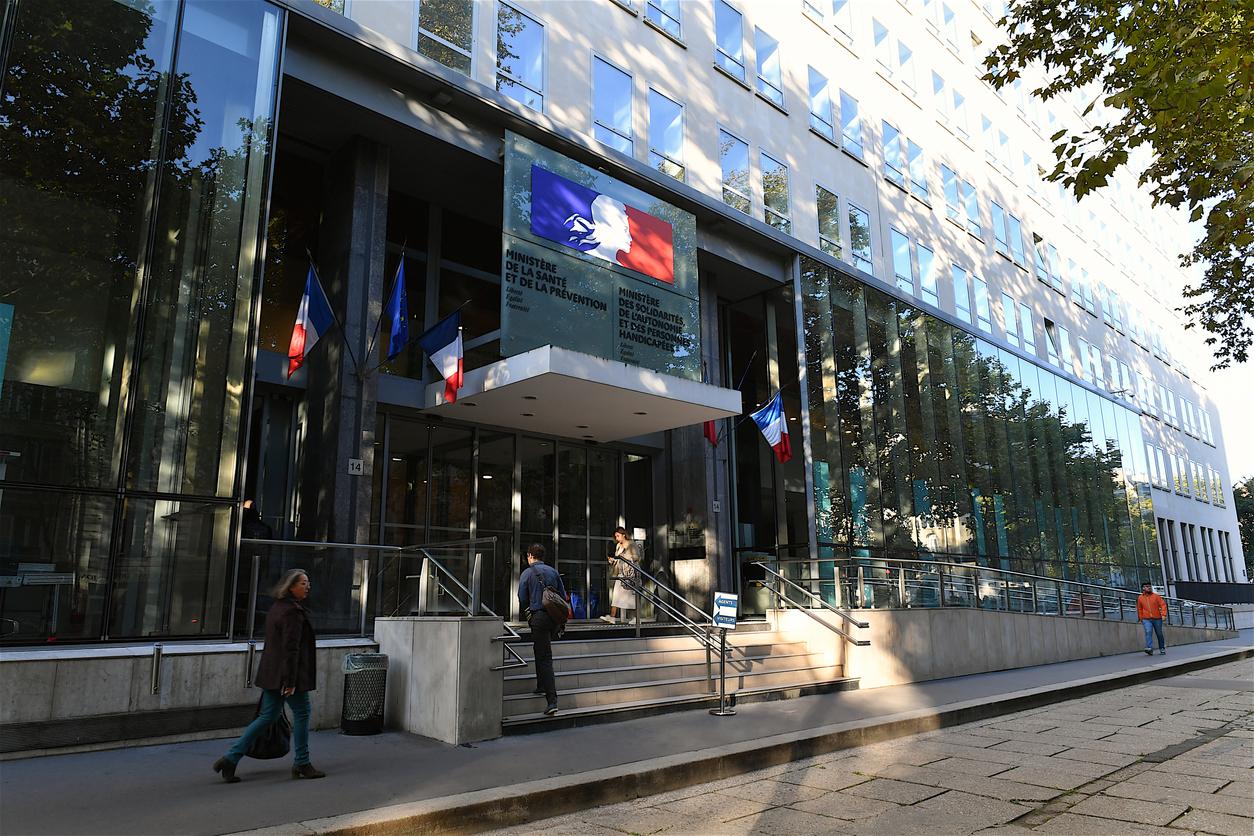The pill case has shown the need for better monitoring of medical precriptions. Professors Bégaud and Costagliola formulate 7 proposals to improve the proper use of the drug.

“France is one of the developed countries in which prescriptions for non-compliant drugs seem the most frequent, if not trivialized. The consequences of this situation (…) constitute a considerable burden, on a scale comparable to the major health scourges affecting our country. »This is one of the observations of the report on “the correct use of the drug »Given this Monday to the Minister of Health, Marisol Touraine. A mission entrusted to Pr Bernard Begaud, pharmacologist at the University of Bordeaux and Prof. Dominique Costagliola from Pierre and Marie Curie University (Paris).
This report begins first with the negative assessment, to say the least, of the correct use of the drug in France. “MEven if at the international level many health crises have punctuated the modern history of drugs, it is clear that France occupies, both by the scale and by the frequency of these crises, a special place ”, observe the authors.
Certain crises are, it is true, specific to our country. Useless to recall the scandals of the vaccination against hepatitis B, or that of the Mediator. Or more recently, the very Franco-French controversies over the use of new generation contraceptive pills, or the off-label prescriptions of the anti-acne drug Diane 35. Faced with this worrying observation, the urgency is for an overhaul of pharmacovigilance French. The report therefore proposes seven levers to improve this system, which has shown its limits.
Creation of a structure responsible for monitoring the correct use of the drug
The academics are first of all calling for the creation of a structure dedicated to monitoring the correct use of the drug which would organize access to health data, support researchers and monitor the major classes of drugs. “Epidemiology, pharmaco-epidemiology, statistics, computer science, medicine and pharmacy, all these disciplines must be represented within this new structure”, specify the authors. “A new structure responsible for monitoring, in real time, the use of the drug,” they add.
Listen to Prof. Bernard Begaud, pharmacologist in Bordeaux: “The public health culture is not very developed in France. We are part of a country that does not look at major global analyzes. We remain at an individual level of the patient-doctor relationship … “
Improve the training of health professionals
The two pharmacologists deplore, moreover, an hourly volume devoted to the rational use of health products during initial training which is clearly lower than the European recommendations for medical studies.
According to a recent international comparison, France is, in fact, one of the three European countries which does not recognize clinical pharmacology as a medical specialty. They therefore now want this question to be an integral part of the concepts that must be validated during the medical school leaving exam.
Another investigation, another finding of failure, none of the students at the end of their pharmacy study at the faculties of Tours and Bordeaux had heard of pharmaco-epidemiology, they regret.
Strengthen information to the general public
According to the two researchers, it is essential to create a single portal on the drug which would bring together regulatory information, recommendations of good practices and health alerts in the form of an exhaustive directory easy to consult. A site that could also serve as an interface for reporting adverse reactions and would include a platform for continuous self-training and validation of prior learning.
In addition, to restore the population’s confidence in the drug, the authors also want the launch of general public campaigns in the media, of the type of that of late 2011 early 2012 on “the drug is not a consumer product like others “.
Finally, “Information brochures available in medical offices and pharmacies, and a few hours of teaching in middle and high school on the drug (its history, its contribution to public health) appear to be effective means of strengthening the public information ”, conclude the authors.
.















